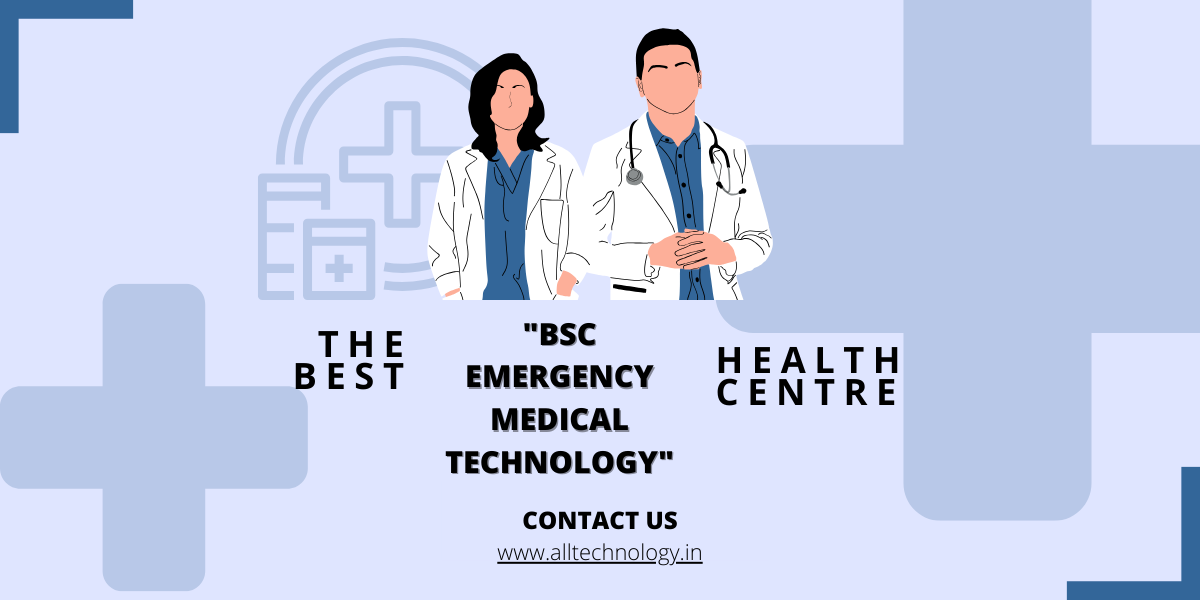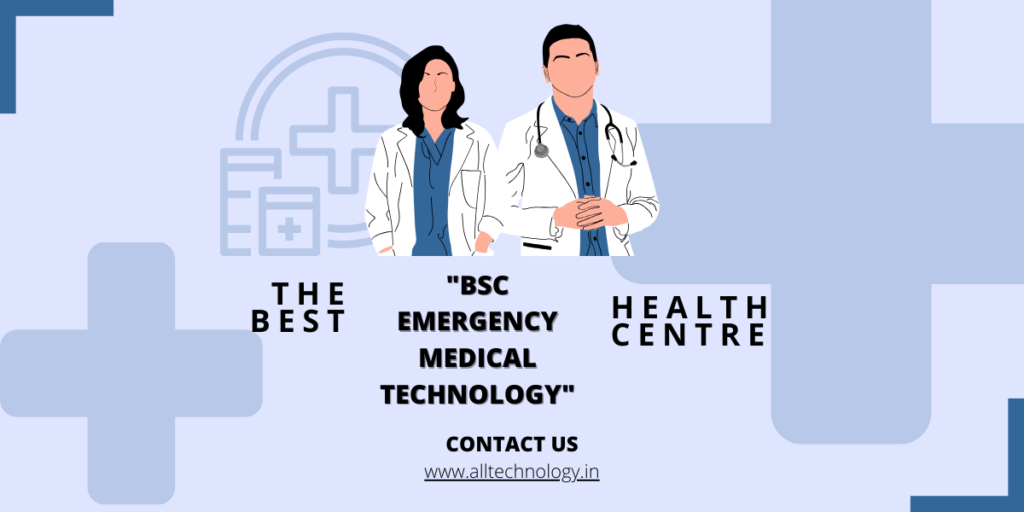B.Sc. Emergency Medical Technology is a four-year undergraduate course that includes a one-year compulsory internship program. Let me provide you with more details about this program:
- Overview: The concept of emergency medicine is relatively new in the Indian medical world, although it has become the backbone of healthcare systems in most developed countries. B.Sc. Emergency Medical Technology focuses on the knowledge and skills required for the prevention, diagnosis, and management of acute and urgent aspects of illness and injury affecting patients of all age groups. This specialty emphasizes timely intervention and initial resuscitation of patients arriving in the emergency room.
- Curriculum: The curriculum covers topics related to emergency medicine, basic life support, advanced cardiac life support, critical care transport, and ventilation and monitoring of patients in casualty and emergency departments. Students learn to manage acute emergencies and provide initial resuscitation. The program also includes practical training and internships to enhance hands-on skills.
- Admission Procedure: To apply for this program, candidates need to appear for an entrance examination. The examination consists of questions from Physics, Chemistry, Biology, and English. The marking scheme awards 3 marks for each correct answer and deducts 1 mark for each wrong answer.
Fees: The annual tuition fees for the B.Sc. Emergency Medical Technology program vary based on the campus. For the Kochi campus, the program fees for the year 2024-25 are INR 90,000. Additional fees include hostel fees, mess fees, and other charges. The Faridabad campus also offers the program with similar fees.

